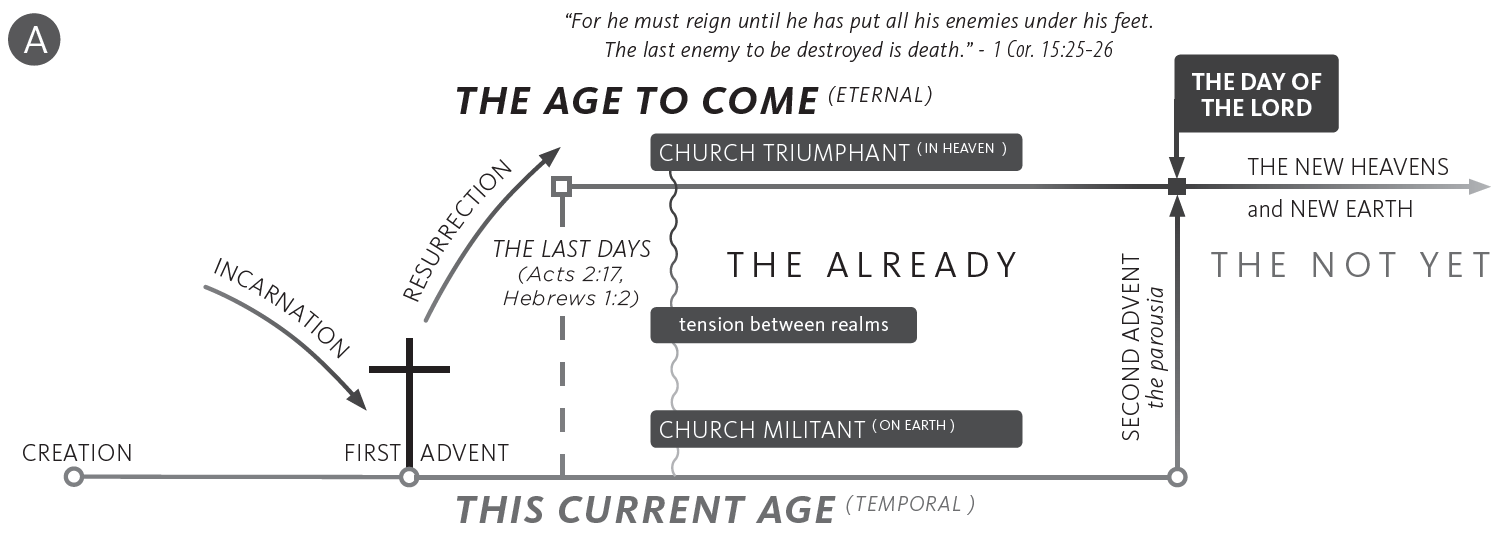“There is a knowledge of spiritual things that is purely natural and disciplinary, attainable and attained without any especial aid or assistance of the Holy Ghost. As this is evident in common experience, so especially among such as, casting themselves on the study of spiritual things, are yet utter strangers unto all Spiritual Gifts. Some knowledge of the Scripture, and the things contained in it, is attainable at the same rate of pains and study with that of any other art or science.”[13]
Some in the early church have connected this enlightening with baptism, which was called “illumination”, but I believe that this has little to do with the present passage as the Author does not make this connection and the use of “illumination” to refer to baptism came later on in history.[14]
Concerning the word “once” Wayne Grudem says:
Similarly, the word once that is used to speak of those who “have once been enlightened” is the Greek term hapax, which is used, for example, in Philippians 4:16 of the Philippians’ sending Paul a gift “once and again,” and in Hebrews 9:7 of entrance in the Holy of Holies “once a year.” Therefore, this word does not mean that something happened “once” and can never be repeated, but simply that it happened once, without specifying whether it will be repeated or not.[15]
And he adds in a footnote that:
This is not the same word as ephapax, which is more regularly used in the New Testament of nonrepeatable events (Rom. 6:10; Heb. 7:27; 9:12; 10:10).
Finally, Matthew Henry notes that:
“Balaam was the man whose eyes were opened (Num. xxiv. 3), and yet with his eyes opened he went down to utter darkness.”[16]
This description is not particular to true believers alone. But what we also must take note of is the fact that these people, whose renewal to repentance is an impossibility after apostasy, were not regular backsliders. But they were those who knew the truth of the gospel clearly, confessed it and professed the true faith for a time, but then turned their back on it. While in their time of profession, I don’t think we would have been able to say that they were not true believers as they appeared to be on all accounts as many apostates are (e.g., 2 Pet. 2:20-22).
To be enlightened does not mean that we were saved, but rather that we received instruction and knowledge in the truth.
2. Those who tasted the heavenly gift
The word “tasted” is used concerning the heavenly gift, the Word of God and the powers of the age to come. What does it mean to “taste” something? I think that the basic meaning is to know by experience.
The word γεύομαι (geuomai, G1089) and its basic meaning is “to taste” and “perceive the flavour of, partake of, enjoy”[3]. It is used in Hebrews 2:9 about Christ who “taste[d] death for everyone.” It speaks of an experience that is real, yet merely momentary. Even in the case of Christ the Lord who died for our sake, His “taste of death” was momentary and not never-ending. It is used in Matthew 27:34 where it is expressly said that tasting does not mean accepting the thing. I mean, the Lord tasted the wine, He tried it, but rejected it la...








